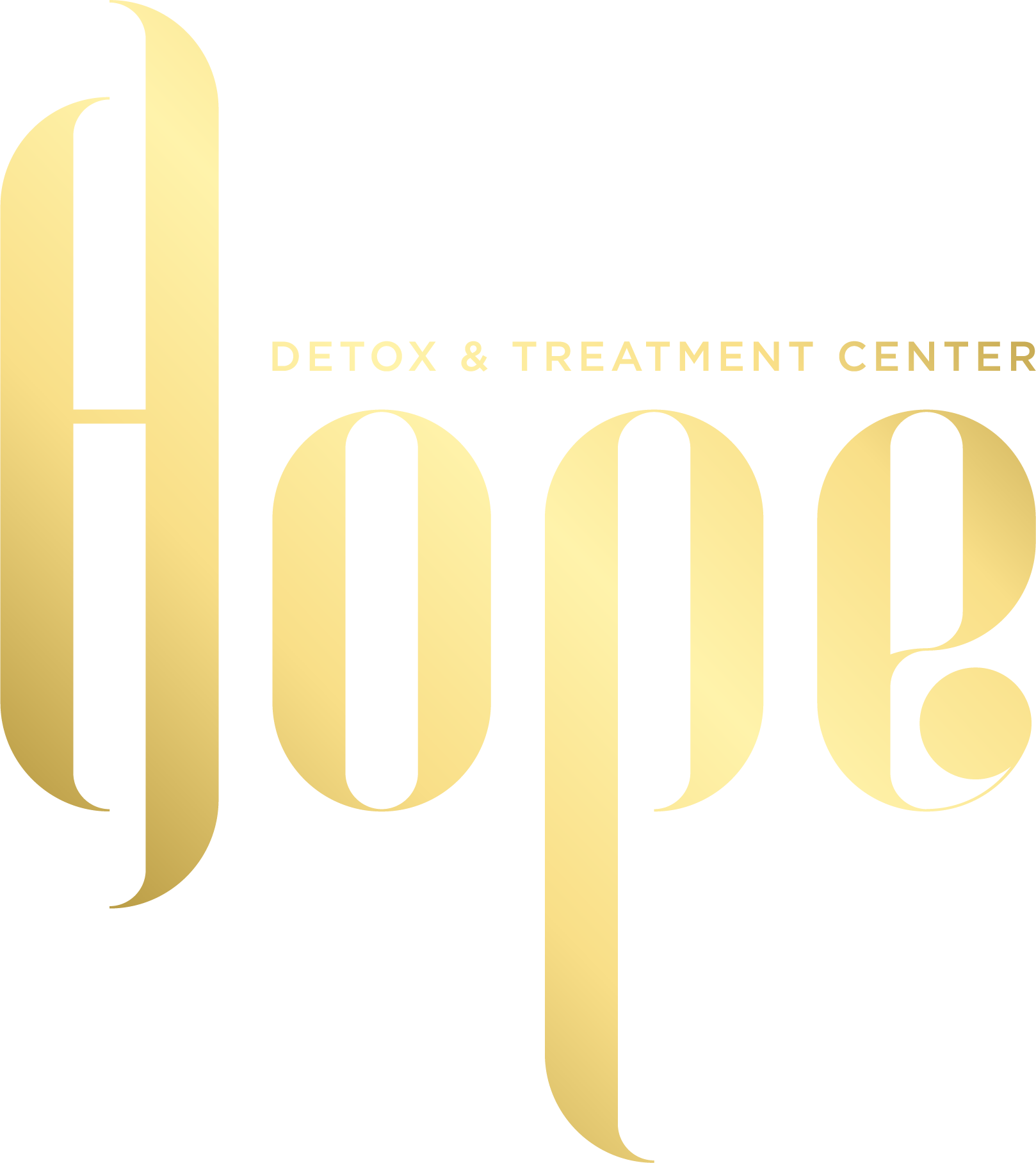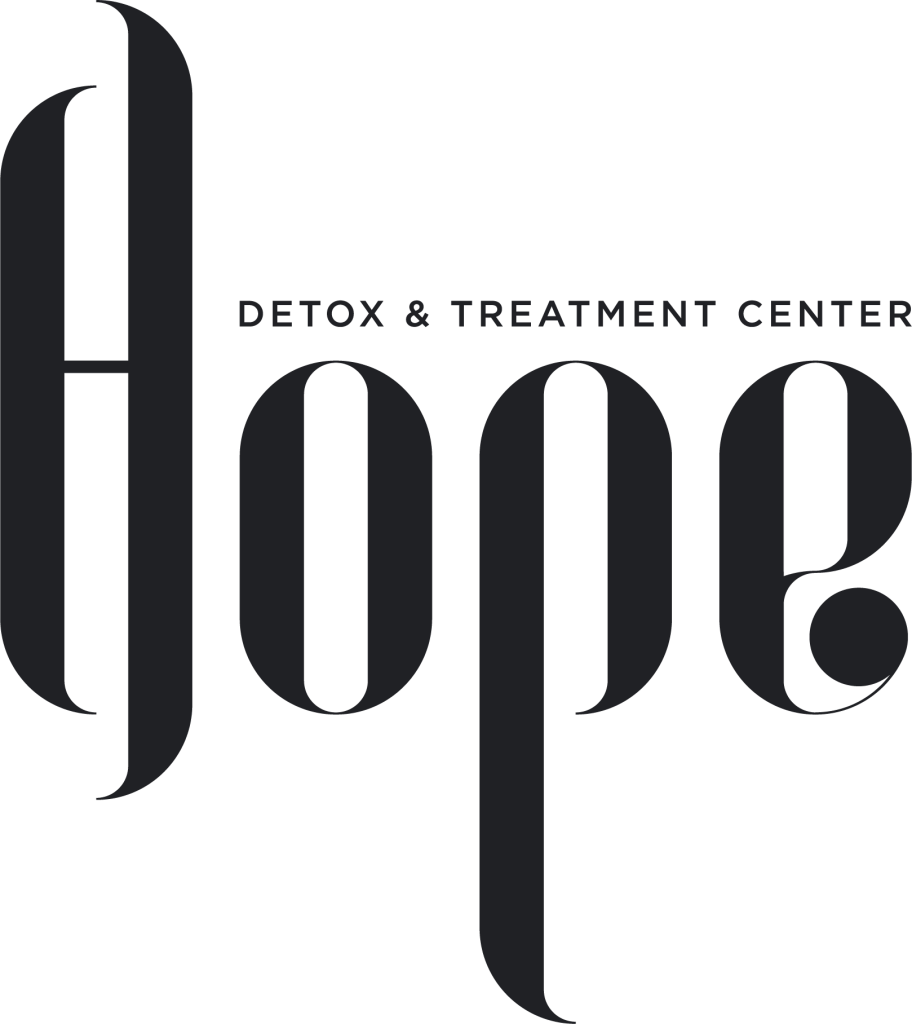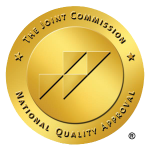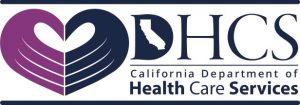What Is Addiction?
Addiction is a state of psychological or physical dependence (and/or both) on the use of alcohol or other drugs. The term is often used as an equivalent term for substance dependence. The Mental Health Services Administration recognizes illicit drug use as a substance use disorder that medical professionals must treat.
It is known that drugs and alcohol, when used in excess, can have a severe negative impact on daily life. When other co-occurring mental health issues are also present it can be easy for someone to give up having a healthy lifestyle. However, we have seen that there is hope for recovery from addiction and some of the co-occuring mental health issues. While change is often uncomfortable, it is our goal to provide you with as much support as possible in order to make positive change in your life moving forward.
Admitting that there is a problem is the first step in the recovery process.
Without the support of a substance use treatment center, recovery can be extremely difficult and in some cases, life threatening. Our mission is to provide a comprehensive treatment plan which includes medical support as well as a combination of 12-step programs, therapy, and other lifestyle changes in order to give our clients the highest chance of making a full recovery.
Signs, Symptoms and Behaviors
Some of the most common signs of an addiction to alcohol or drugs include:
- Financial struggles
- Uncharacteristic behavior
- Change in appearance
- Isolation and Emotionally distant
- Change in social group
- Low performance
Contributing Factors of Addiction and Impact On the Family


Psychological
Psychological Causes of Drug Addiction Could be:
- Family history of addiction
- A mental health disorder/illness
- Peer pressure
- Lack of family involvement
- Anxiety, depression,ADHD, PTSD, loneliness, boredom, etc.
- Inability to connect with others, lack of friends.
- Unhealthy/poor coping skills to manage daily stressors.
Environmental/Social:
Deviant peer relationships (association with a group of people who use substances), peer-pressure, popularity, bullying, and association with gangs. Environments that might impact substance use disorders can include parental influence, cultural norms, media representation, learned physical associations. One of the strongest external factors shown to influence addictive behavior is early life experiences, as well as the influence of social media. Stressful life changes might also cause people to turn to substances to cope.


Familial
Family dynamics and interactions, childhood maltreatment (including abuse and neglect), parental or familial substance abuse, marital status of parents, level of parental education, parent-child relationships, negative parent-child relationships, familial socioeconomic status, and child perception that parents approve of their substance use.
Genetic
It is important to remember that addiction is a complex disorder caused by a combination of genetics and the environment. Abundant evidence indicates that alcoholism is a complex genetic disease, with variations in a large number of genes affecting risk. Research shows that genetics have somewhere between a 40% and 60% influence on addiction. Genes do influence the numbers and types of receptors in peoples’ brains, how quickly their bodies metabolize drugs, and how well they respond to different medications. Genes also account for 60% of the tendency to become addicted and 54% of one’s ability to quit.


Medical
Medical conditions can also impact substance abuse and substance abuse can cause you to have severe medical conditions and long term health impacts can be such as liver, kidney, heart problems and even cancer (depending on the type of drug used and how frequently it was used). Dental health problems (cavities and gum disease) as well as mental health issues are also impacted by substance abuse. Individuals may abuse drugs for the euphoric effects they produce without considering the dangerous effects these substances may have on their health.



